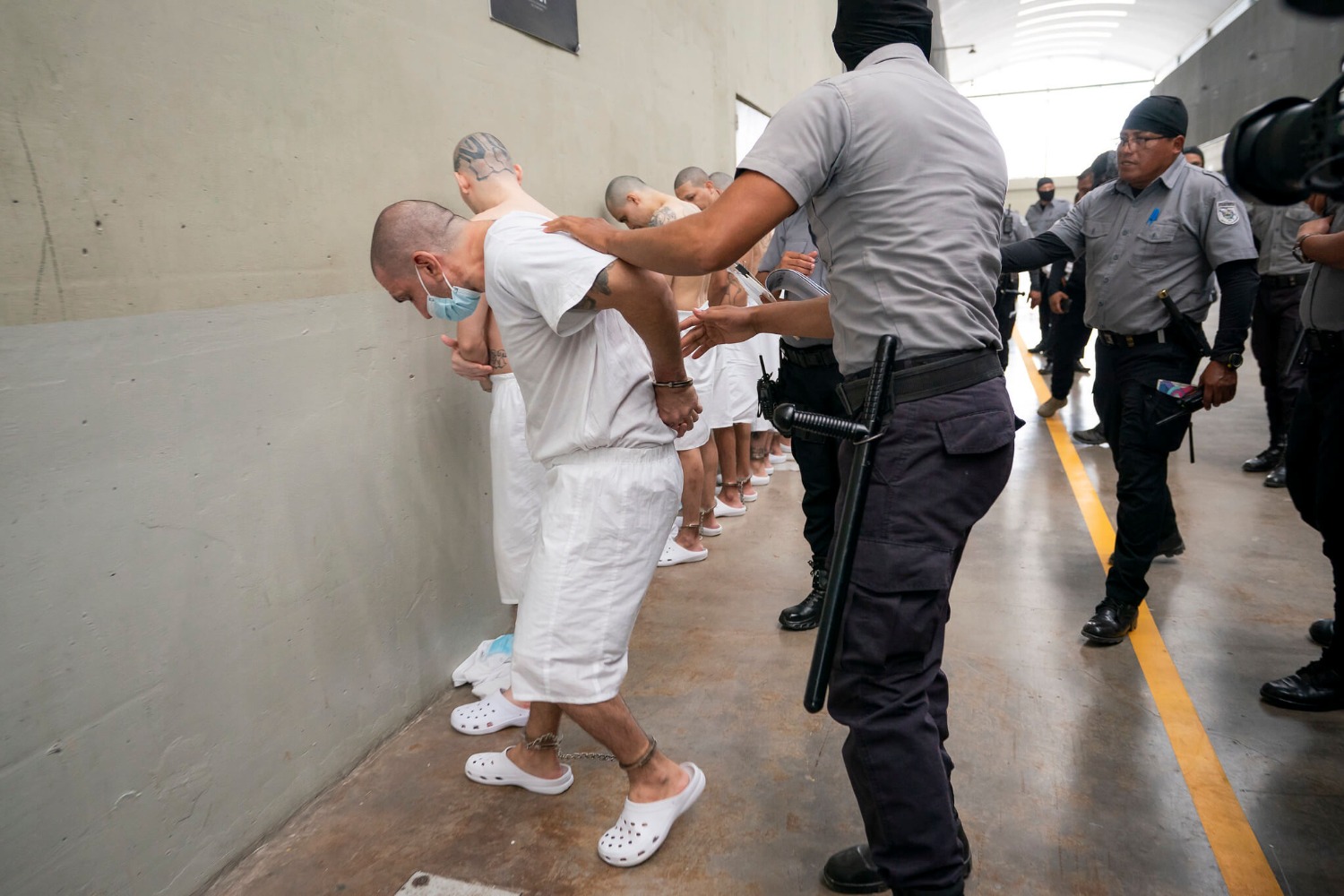Independent Report on ‘Meta’s Human Rights Impact in Israel and Palestine’ in May 2021 Released
The report found that proactive detection technologies and Meta's legal obligations contributed, in part, to Meta's asymmetrical treatment of content during the conflict to the detriment of Palestinian
Published by The Lawfare Institute
in Cooperation With

An independent review of Meta's content moderation policies during the May 2021 escalation on the Gaza Strip has found that Meta's content moderation policies had an "adverse human rights impact" on Palestinian users' rights—which include their freedom of expression, freedom of assembly, and political participation. This manifested in part in Meta's incongruous enforcement of its Dangerous Individuals and Organizations (DOI) and Violence and Incitement (V&I) policies for Palestinian users, resulting in the over-enforcement of Palestinian users' content and under-enforcement of offensive rule-breaking content.
The review was conducted independently by Business for Social Responsibility (BSR) but commissioned by Meta in response to public criticism for Meta's handling of content issues on its platforms during an escalation of conflict in Gaza between May 10 and May 21, 2021. It was released on Sept. 22 in English, Arabic, and Hebrew.
According to BSR, the under- and over-enforcement occured through proactive detection technologies, including the fact that Meta has an "Arabic hostile speech classifier" but no such classifier for Hebrew, as well as a lack of human resources for both Arabic- and Hebrew-speaking content reviewers. Moreover, the report cited Meta's legal obligations surrounding U.S. designations of foreign terrorist organizations that in accordance with section 219 of the Immigration and Nationality Act (INA) (18 U.S.C. §2339B) as a potential cause of bias in content moderation, writing that legal designations for terrorist organizations generally have a "disproportionate focus on individuals and organizations that have identified as Muslim, and thus Meta’s DOI policy and the list are more likely to impact Palestinian and Arabic-speaking users, both based upon Meta’s interpretation of legal obligations, and in error."
In response to BSR's findings and 21 recommendations, Meta announced that it will implement 10, partly implement four, and is currently "assessing the feasibility of another six." It declined to take further action on one of BSR's recommendations to fund public research into "the optimal relationship between legally required counterterrorism obligations and the policies and practices of social media platforms," stating that it would rely on its counsel to understand its legal obligations.
Read BSR's "An Independent Due Diligence Exercise into Meta’s Human Rights Impact in Israel and Palestine During the May 2021 Escalation."
Read Meta's response.
Both are below, respectively.




